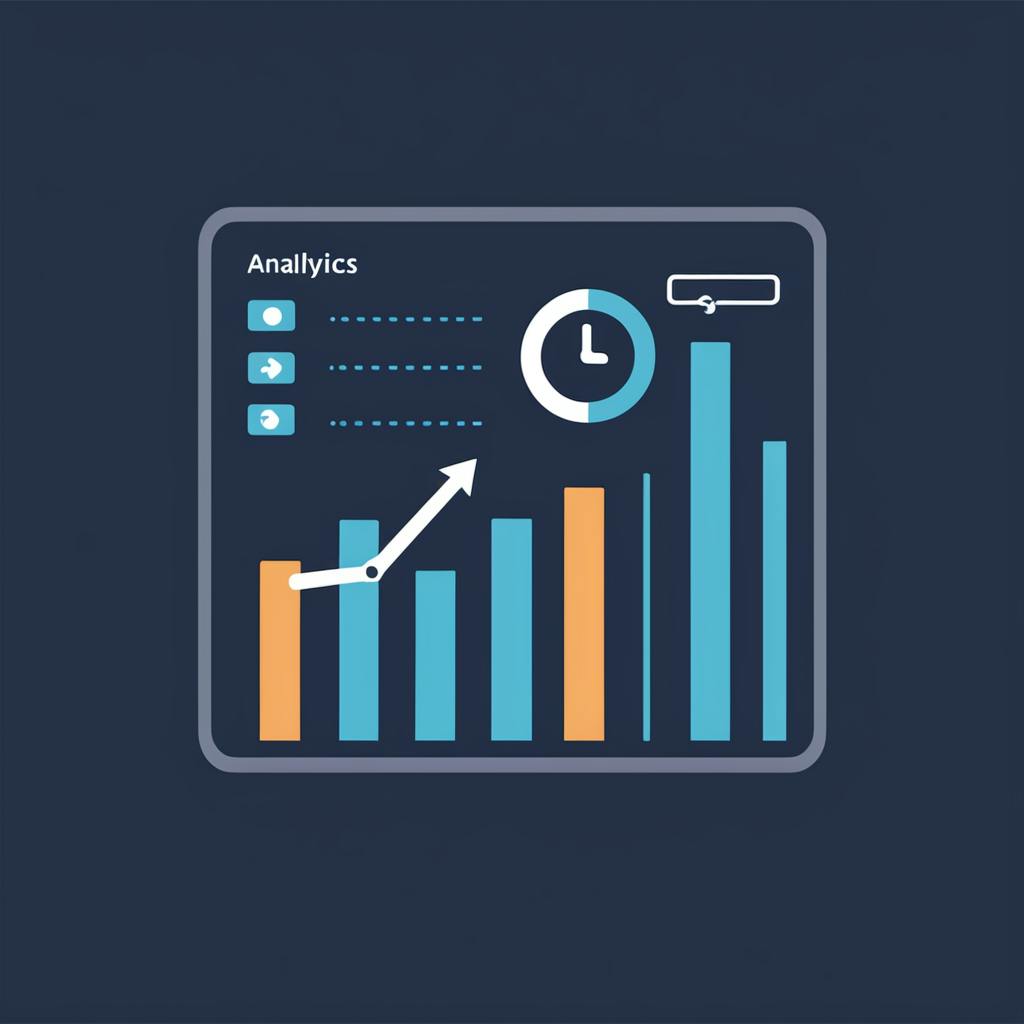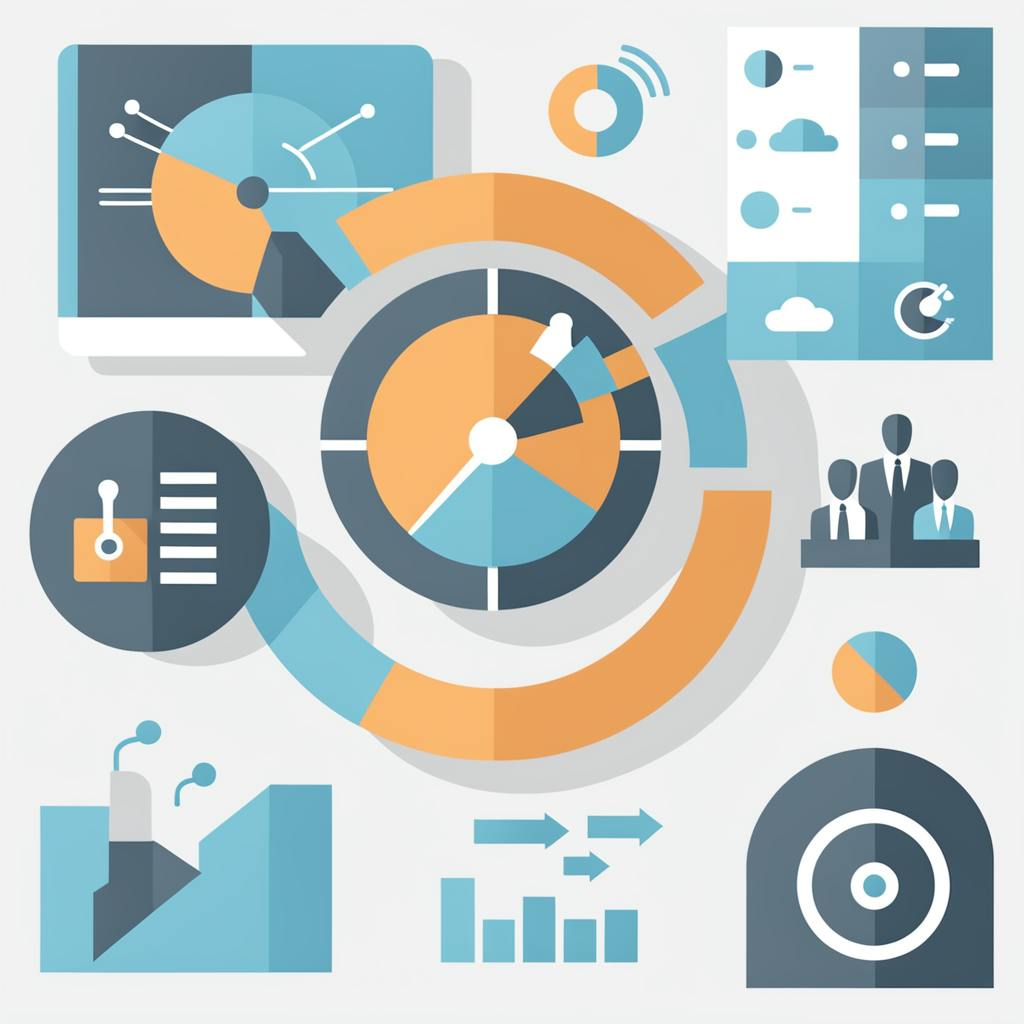In today's digitally-driven marketplace, marketing analytics tools have become indispensable assets for businesses aiming to gain a competitive edge. The ability to analyze data and derive actionable insights allows for strategic decision-making that can significantly enhance marketing performance and ROI. This article will delve into the best marketing analytics tools available, their importance, and how they transform marketing analytics jobs.
The Imperative of Marketing Analytics Tools
Marketing analytics tools are software solutions designed to manage, measure, analyze, and interpret marketing performance data. These tools provide marketers with comprehensive insights into customer behavior, campaign effectiveness, and overall market trends. Leveraging these tools enables businesses to align their marketing strategies with actual performance metrics, ensuring more data-driven decisions.
Key Marketing Analytics Tools Every Marketer Should Consider
- Google Analytics: Often considered the gold standard in web analytics, Google Analytics offers robust tools to track website traffic, user behavior, and conversion rates. Its advanced features include goal-setting, real-time reporting, and eCommerce tracking, making it an essential tool for any marketer.
- HubSpot Analytics: This all-in-one platform provides a suite of tools for inbound marketing, including email marketing, SEO, and content management. HubSpot's analytics feature allows businesses to track the performance of all their marketing efforts in one place.
- Adobe Analytics: Known for its advanced data processing capabilities, Adobe Analytics provides deep insights into customer journeys and marketing performance. It integrates smoothly with other Adobe tools, making it a powerful choice for large enterprises.
- SEMrush: Primarily a search engine marketing tool, SEMrush offers comprehensive analytics for SEO, PPC, content marketing, and social media. It provides competitive analysis features that help marketing teams understand their market position.
- Tableau: While not a marketing tool per se, Tableau excels in data visualization. Its integration capabilities with various data sources make it a valuable tool for marketers looking to visualize complex data sets and derive actionable insights.
How Marketing Analytics Tools Enhance Marketing Roles
Marketing analytics jobs have evolved from traditional roles focusing on intuition and basic reporting to data-driven positions requiring sophisticated analytical skills. With the advent of advanced marketing analytics tools, professionals in this field can:
- Optimize Campaigns: By analyzing data in real-time, marketers can adjust their campaigns for better performance based on what is working and what isn't.
- Predict Trends: Marketing analytics tools often come with predictive analytics features that help forecast future trends based on historical data, allowing for proactive strategy adjustments.
- Personalize Content: Understanding customer behavior enables marketers to create more personalized and effective marketing messages, increasing engagement and conversion rates.
- Measure ROI: Detailed analytics allow for precise measurement of campaign ROI, ensuring that marketing budgets are allocated efficiently.

AI made with Stephanie Jagiello
Frequently Asked Questions About Marketing Analytics Tools
What should businesses consider when choosing a marketing analytics tool?
When selecting a marketing analytics tool, consider the following factors: ease of use, integration capabilities with existing systems, real-time data processing, customization options for reporting, and cost.
Can small businesses benefit from marketing analytics tools?
Absolutely. While some advanced tools may be geared toward larger enterprises, many marketing analytics tools, such as Google Analytics, offer free or low-cost versions that provide substantial insights even for small businesses.
How do marketing analytics tools handle data privacy?
Reputable marketing analytics tools comply with data privacy regulations such as GDPR. It's crucial for businesses to choose tools that ensure data security and provide transparency in how data is collected and used.
How can marketing analytics tools enhance strategic decision-making?
Marketing analytics tools leverage data to provide insights that underpin more informed and effective strategic decisions. Here’s how these tools can enhance strategic decision-making:
- Data-Driven Insights: Analytics tools collect and analyze vast amounts of data. This data reveals patterns, trends, and correlations that inform strategy adjustments and new initiatives.
- Performance Tracking: Track the performance of various marketing channels and campaigns to understand what’s working and what isn’t, enabling real-time optimization.
- Customer Behavior Analysis: Better understand customer behaviors and preferences, which aids in personalizing marketing efforts and improving customer engagement.
- Forecasting and Predictive Analytics: Utilize data to predict future trends and customer actions, helping in planning for future campaigns and resource allocation.
- ROI Measurement: Evaluate the return on investment for various marketing activities to ensure that resources are allocated to the most effective strategies.
- Competitive Analysis: Understand how your business stacks up against competitors, allowing for strategic positioning and competitive advantage.
- Segmentation and Targeting: Identify high-value customer segments and tailor marketing messages to meet their specific needs and behaviors.

AI made with Stephanie Jagiello
In what ways can we harness the power of marketing analytics for better strategic decisions?
Harnessing the power of marketing analytics involves systematic approaches and implementation of best practices. Here’s how you can do it:
- Unified Data Sources: Combine data from multiple sources (CRM, web analytics, social media, etc.) to get a holistic view of your marketing performance.
- Custom Dashboards and Reports: Create customizable dashboards and reports that highlight KPIs and critical metrics to keep track of performance at a glance.
- A/B Testing: Use analytics tools to perform A/B tests on different marketing strategies to determine which version delivers better results.
- Customer Journey Mapping: Analyze the entire customer journey from initial contact to conversion to identify key touchpoints and optimize them.
- Predictive Analytics: Employ machine learning and predictive analytics to forecast trends and customer behaviors, allowing for proactive strategy adjustments.
- Real-Time Analytics: Monitor real-time data to make timely adjustments to ongoing campaigns, maximizing effectiveness based on real-time feedback.
- Benchmarking and KPIs: Establish clear benchmarks and Key Performance Indicators (KPIs) to measure success and identify areas for improvement.
- Competitive Intelligence: Regularly use tools to analyze competitor strategies, strengths, and weaknesses to shape your own marketing initiatives.
Why is it important to integrate marketing analytics tools into our strategic decision-making process?
Integrating marketing analytics tools into your strategic decision-making process is crucial for several reasons:
- Enhanced Accuracy: Data-driven decision-making minimizes guesswork and relies on accurate, empirical evidence to drive strategy.
- Increased Agility: With real-time data and insights, businesses can quickly adapt to market changes and emergent trends.
- Customer Insights: Detailed analytics provide deep insights into customer preferences and behaviors, which are essential for personalized marketing and improved customer satisfaction.
- Resource Allocation: Identify which strategies and campaigns provide the best ROI, enabling more effective allocation of marketing budgets and resources.
- Better Measurement of Success: Analytics tools help track and measure the success of marketing efforts against established goals, providing a clear picture of what's working.
- Competitive Advantage: Staying informed on market and competitor trends allows businesses to stay ahead of the competition.
- Innovation and Improvement: Continuous measurement and analysis foster a culture of innovation and ongoing improvement in your marketing strategies.
By integrating marketing analytics tools, businesses can transform data into strategic insights, ensuring more informed, effective, and efficient marketing decisions.
Marketing analytics tools are transformative assets that empower marketers to make data-driven decisions, optimize campaigns, and ultimately, drive business growth. By leveraging the right tools, businesses can gain unparalleled insights into their marketing performance and customer behavior. As we look to the future, the importance of these tools in marketing analytics jobs will only continue to grow. Whether you are a small business or a large enterprise, investing in the best marketing analytics tools is a strategic decision that can yield significant long-term benefits.

